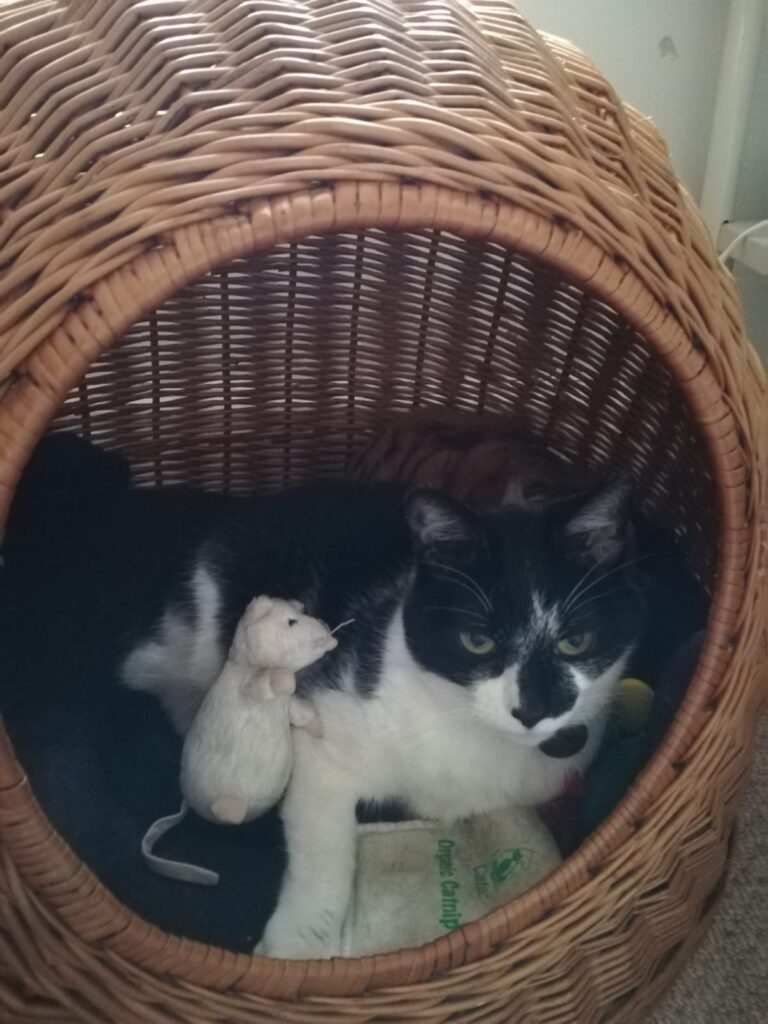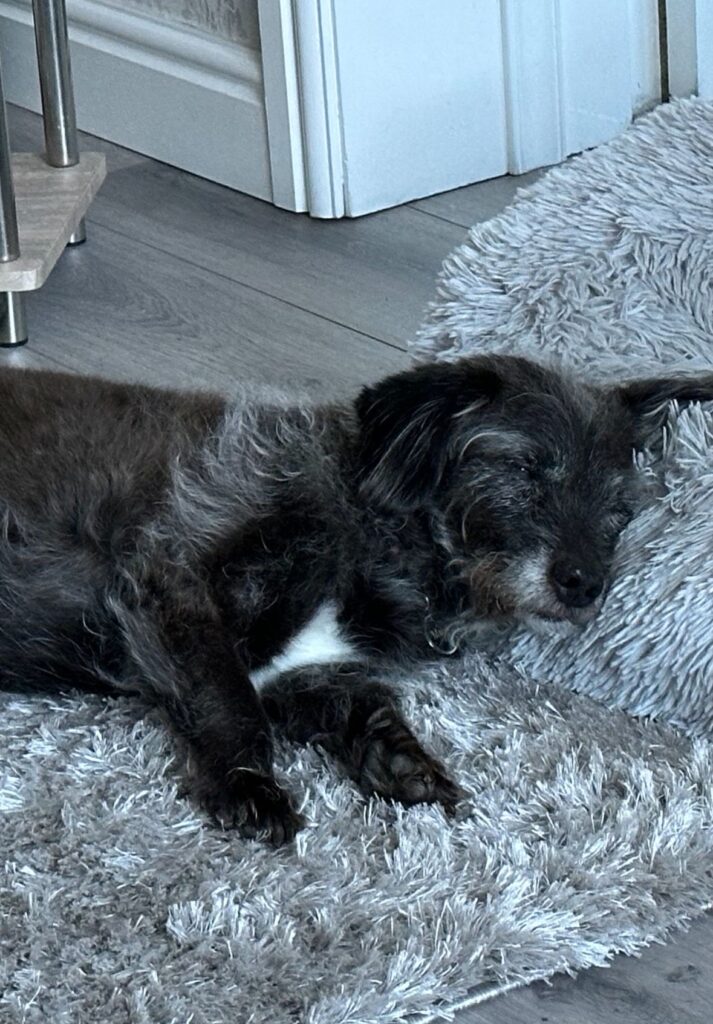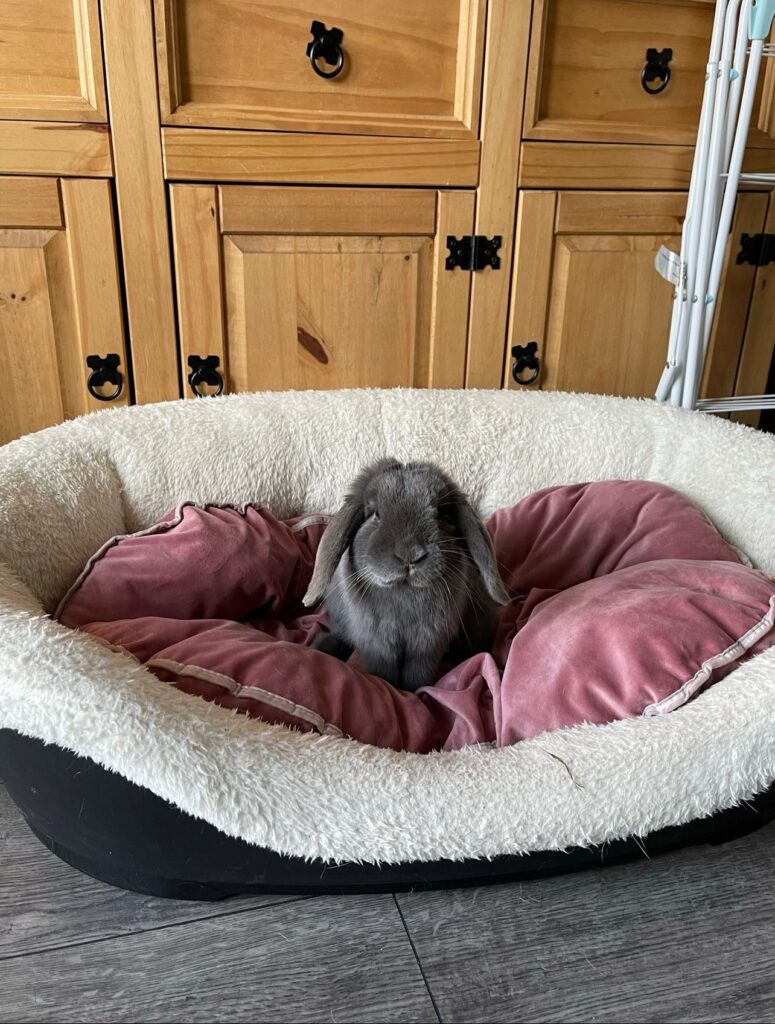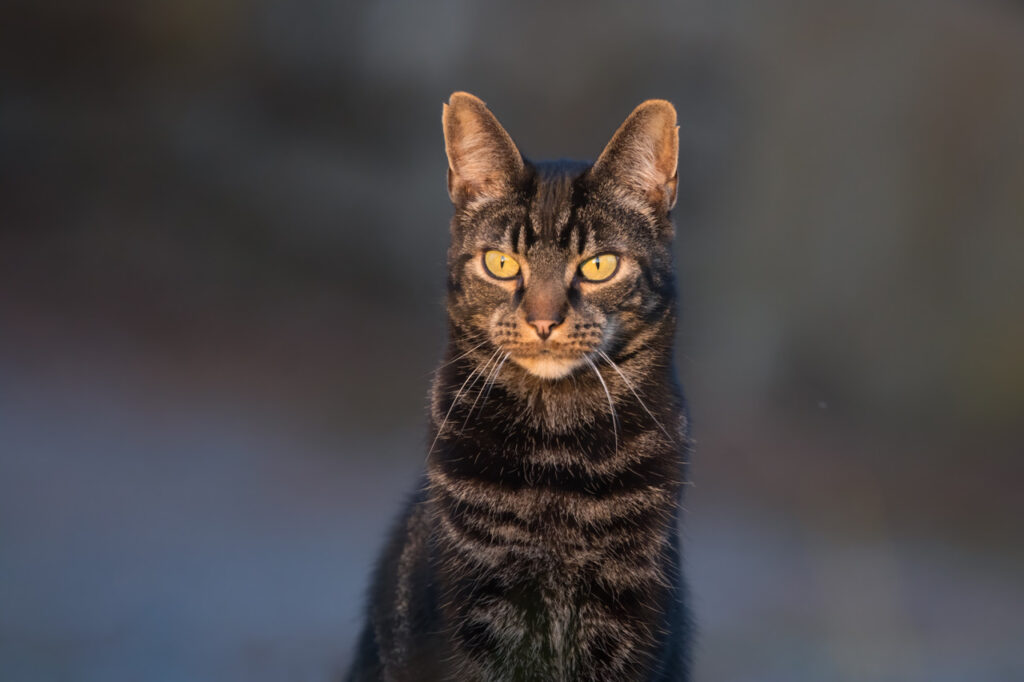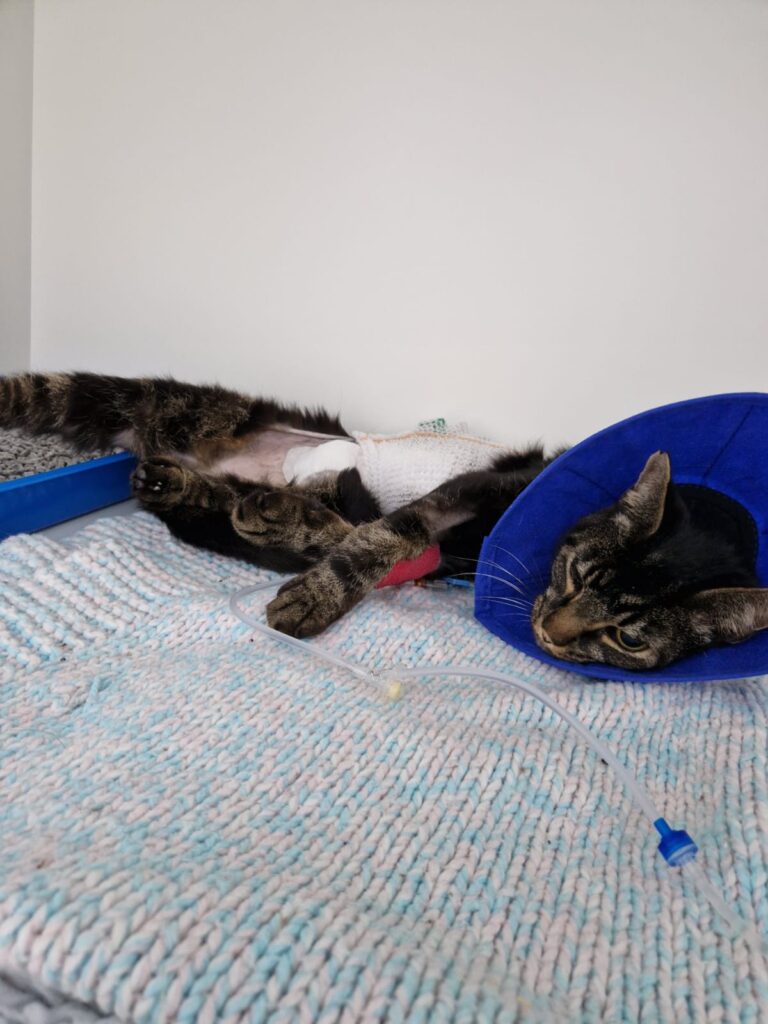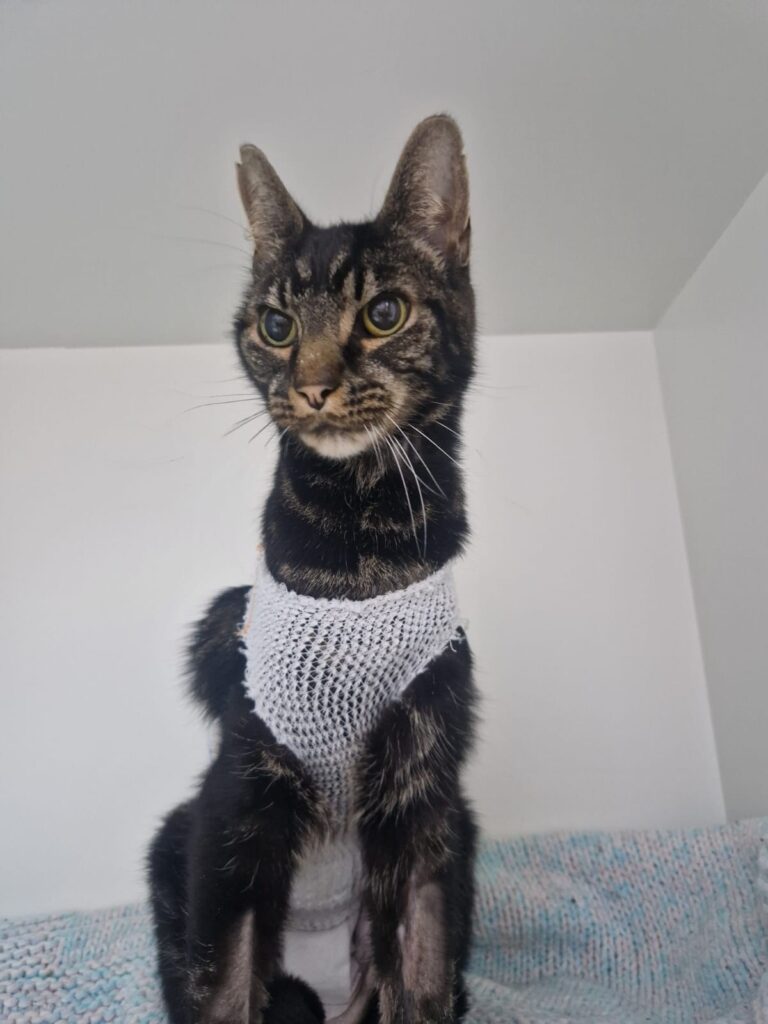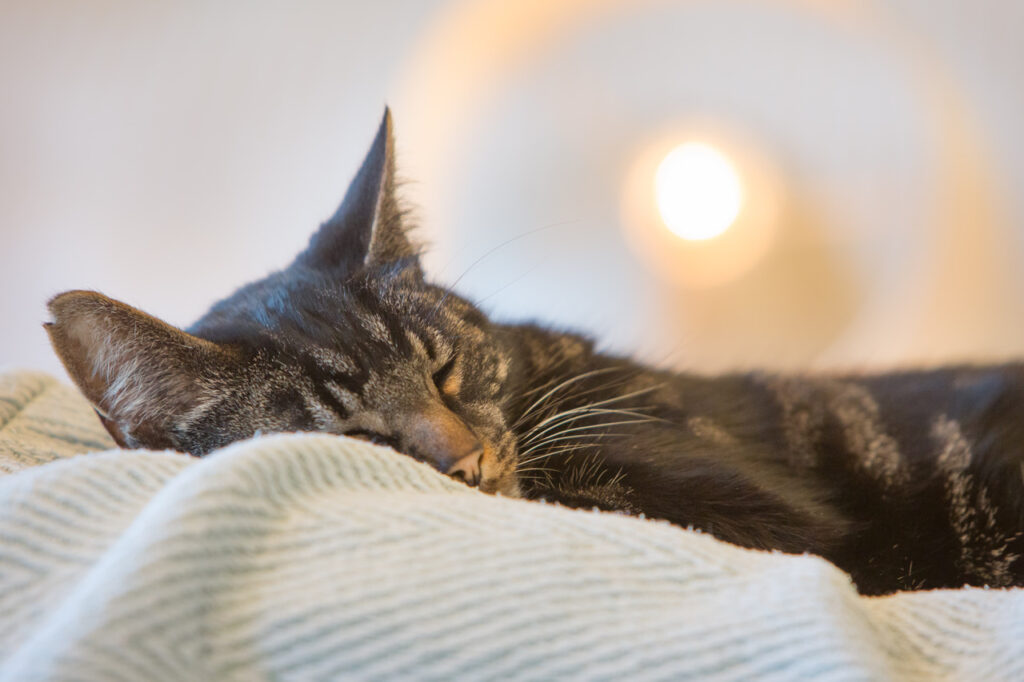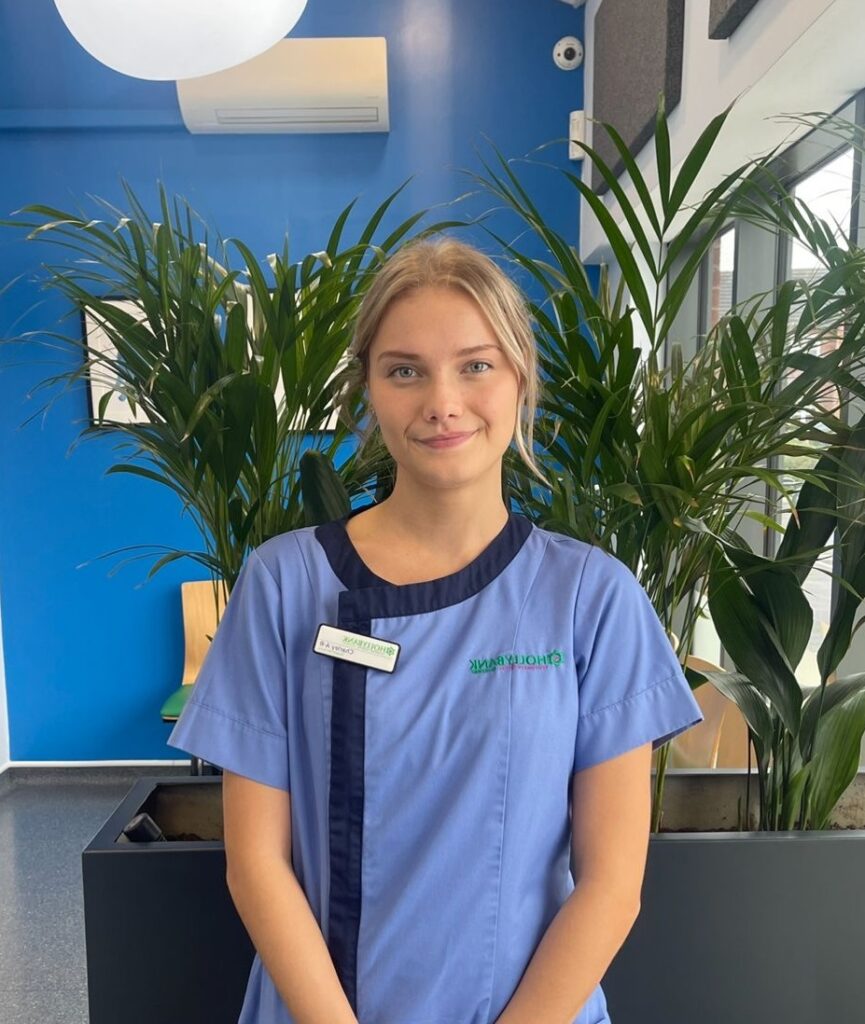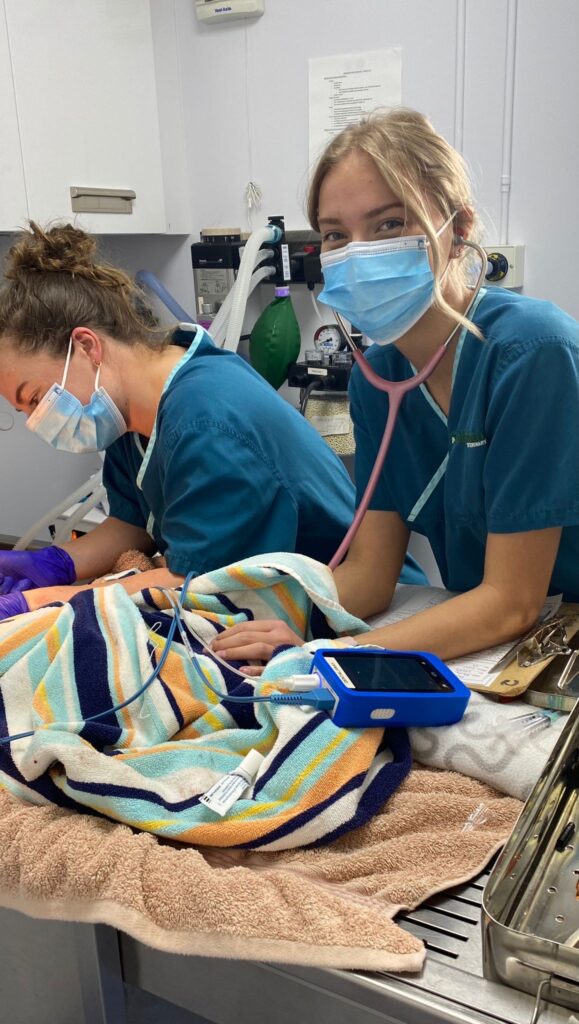With Halloween and bonfire night drawing close, there can be many bright lights, loud noises and daunting new sights for our pets including of course fireworks! Fireworks are also no longer limited to Bonfire Night, lasting well past Christmas and into the New Year, so it is important to think now about how this impacts our pets. Managing these fears is also really important to prevent an increased fear response year after year. This cumulative fear can progress into other noise phobias, e.g. traffic and thunder and as a result, it is important to try to address these sensitivities sooner rather than later.
Signs of anxiety/noise phobia
- Vocalisation
- Hiding
- Shaking
- Panting
- Excessive Salivation
- Pacing
- Destructive behaviour
It may feel daunting to some pet owners trying to manage their pets anxiety during this season, however, there are several simple strategies to help pets feel more relaxed and comfortable during stressful times, beginning with effective management of the home environment. It is also essential to develop an appropriate plan early, ensuring that it is in place before any anticipated stressful events.
Environment
- Keeping cats and dogs indoors once dark and keeping windows closed can help reduce the risk of them being scared by unpredictable fireworks. If you are aware of pre-scheduled firework events try to ensure your pets are in during this time and if out walking avoid off lead activity in case they panic and run away.
- Creating a safe haven/den is very important so your pet can retreat to a safe, quiet area when nervous, preferably away from the windows. The den should be easy to get in and out with all the sides covered, except one to make them feel secure. It is important that there are toys present, particularly chew toys for dogs as chewing can help dogs relax. Food and water should also be present, so they do not have to leave the protected area. Some radio stations will play calming music
to help during fireworks time too, which can be useful to have in the background. - Whilst it may seem natural to want to comfort a fearful pet, it is counterproductive. By attempting to comfort them, we only reinforce their worry that there is something to be concerned about. Our pets are very sensitive to our emotions so if we are confident and relaxed, it tells our pets to be confident and that there is nothing unusual to be afraid of.
- It can be very frustrating if fearful pets are destructive or soil in the house but remember never to scold or punish a fearful pet as it could make their phobia worse.
Supplements
- Pheromone treatment: there are synthetic pheromones available for cats and dogs which aid to relax and reassure them. Multiple products exist in a range of formulations including plug-in diffusers, collars and sprays. .
- Nutraceuticals: food supplements are available which are designed to help calm in a natural, non-medicated way.
Medications
In selected cases where the phobia is severe and the above advice is not enough, medications can be added to the management as well. These are classed as anxiolytic (anti-anxiety) medications, which help them relax but some can also erase any fearful memory of events and therefore help prevent the year-on-year escalation of behaviour. In the past, strong sedatives have been used to combat noise phobia but this is now known to be unhelpful as a sedated pet is still scared, they are just unable to move around, express normal behaviours or go to their safe haven’ and so lose their ability to cope at all and this can lead to more dangerous fearful behaviours in the future.
Looking forward
In the long term, desensitization can be employed to expose dogs to a variety of sounds, including fireworks and thunder, at varying volumes. This process can help dogs become accustomed to these noises and even associate them with positive experiences, such as treats or praise. It is essential to use these sound CDs correctly, so consulting with a vet, before starting the program is advisable. A valuable resource for this approach is the Dogs Trust – Sounds therapy and firework training.
Other pets
It’s important to consider rabbits and smaller pets as well, particularly those housed outdoors. Covering their hutch, providing additional bedding and hiding spaces, or bringing them indoors can be effective measures to ensure their comfort and security during stressful events.
If you wish to discuss any of the above further or feel your pet needs further support please contact us to book a veterinary consultation on 01606 880 890 or
01606 717969.


